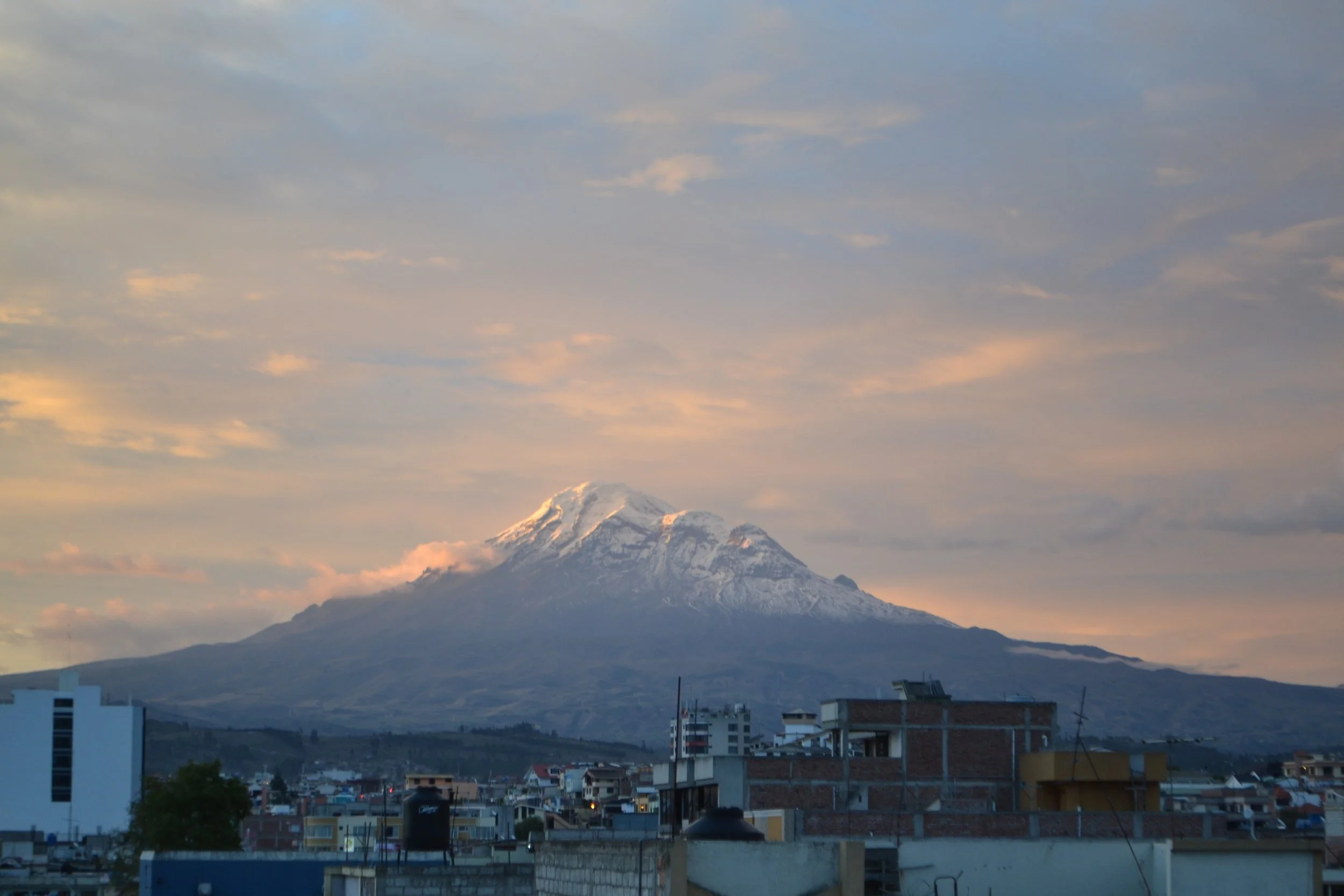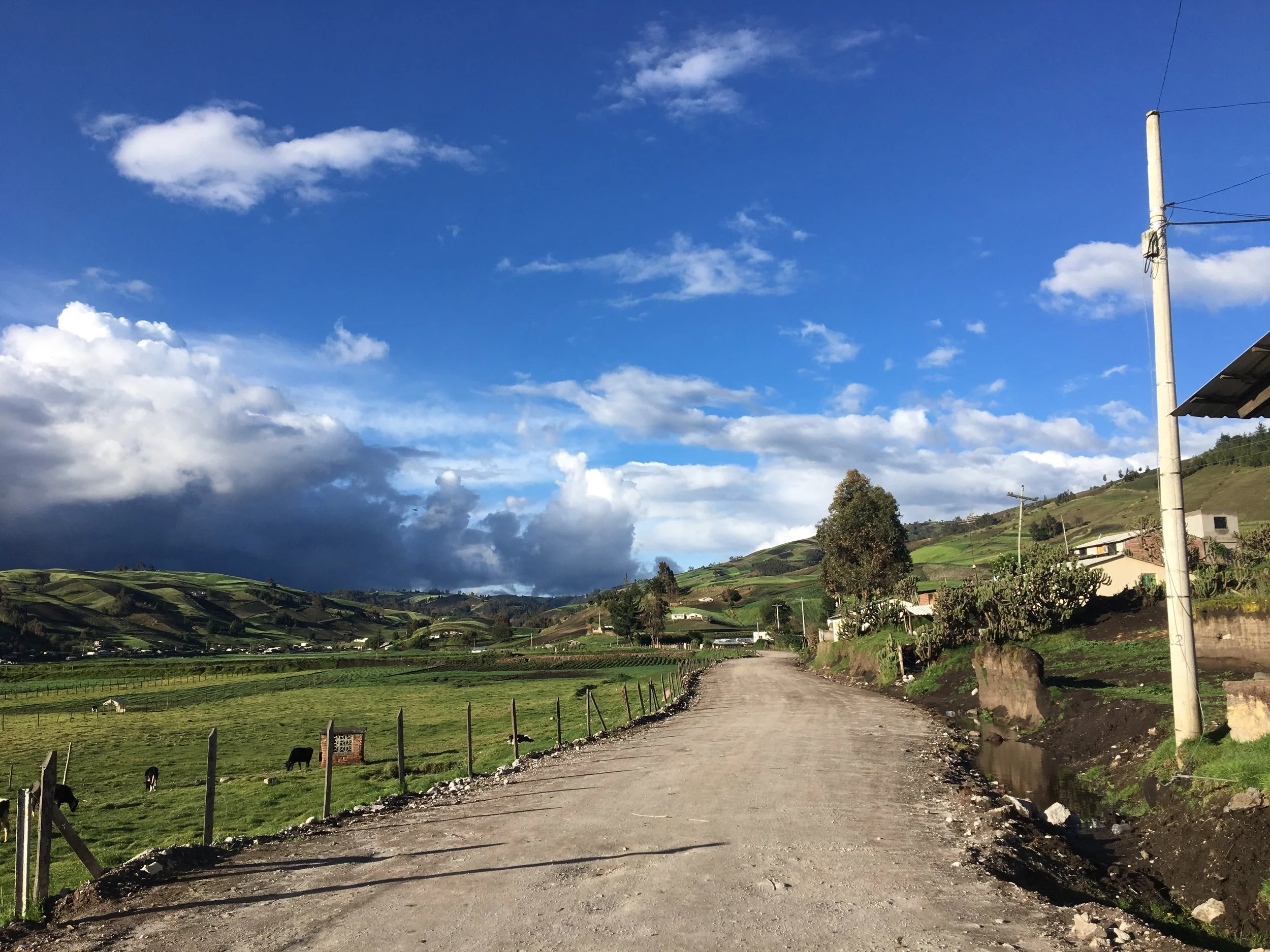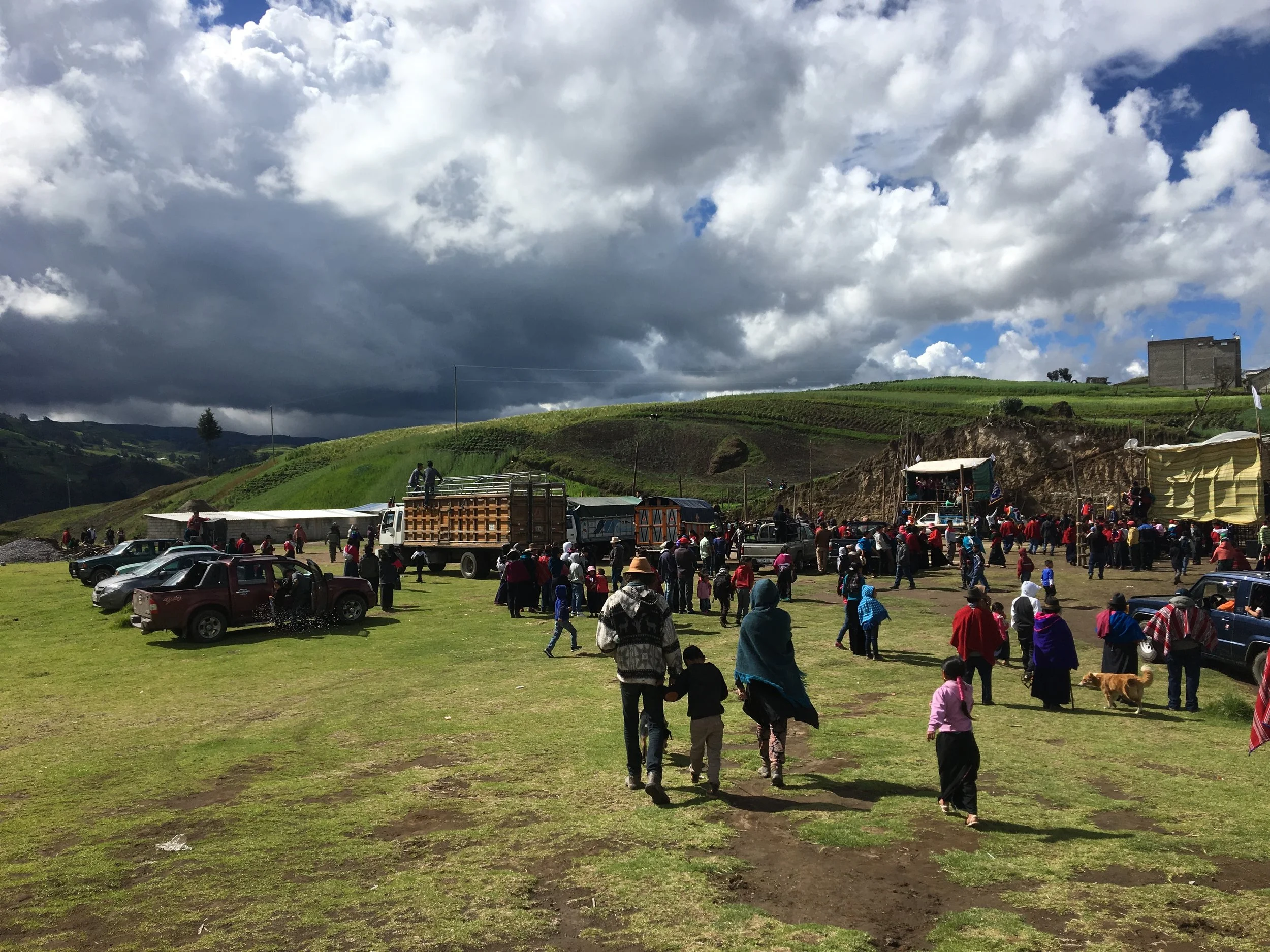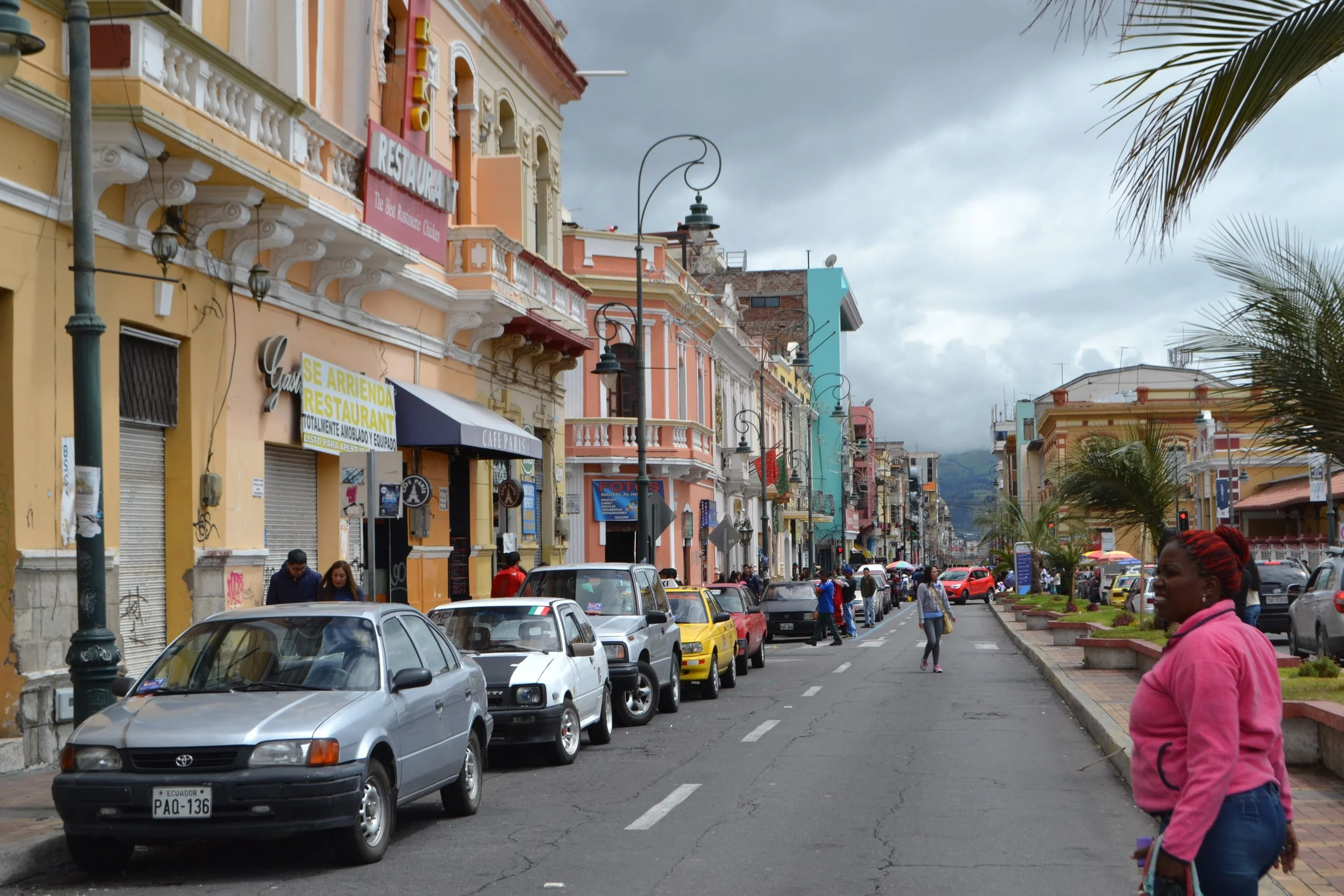Ecuador
In Ecuador, Partners in Service works alongside Fundación Yanapak Yachachikuna (FYYChE). Founded and directed by Kichwa community leaders in the Chimborazo region, FYYChE works against the systematic discrimination of Kichwa people in education, employment, infrastructure, and governmental policy.
Education
To attend college in Ecuador students must pass an English proficiency test, and while English education is a required part of all students’ curriculum, there is a marked shortage of English teachers in the country. This results in a concentration of English teachers in the schools of the cities while the rural, dominantly Indigenous schools are left without access to the education necessary for admission to higher education. In one of our partner communities, Balda Lupaxi, not a single child has gone on to attend college since the entrance exam laws went into effect in the late 90’s. Such discriminatory laws are one of the primary reasons that in the rural areas of the central Ecuadorian highlands, 95% of the population still lives in poverty.
Partners in Service works with teams to help build education infrastructure and curriculum as well as recruits volunteers to be English teachers in our partner communities and teach in a community school for a school year. This year of teaching is well suited to be coupled with independent research as well.
Water
Changing weather patterns and population growth have dramatically impacted water security for highland communities. Reforestation attempts using water intensive eucalyptus trees have dramatically exacerbated the problem. Most Kichwa communities in the Chimborazo region sit far above the current water table with sparce direct access to water for daily use, much less for irrigating the crops on which they depend for substance. In recent years, even the wells of the communities closer to the water table have gone dry for months at a time.
Another critical issue for many highland communities is the lack of sanitation and drainage systems. This poses a critical issue for topsoil and ground water contamination that the government has yet resolve.
Our teams connect engineers and volunteer groups with community development boards to plan and construct water pump systems and implement appropriate sanitation solutions based on gravity systems that employ green waste management. We construct treatment facilities that utilize a gradation of rock and gravel that passes to a green zone. This low maintenance and sustainable solution eliminates one of the primary health issues in the region.
Agriculture
Highland Kichwa communities have been relegated to marginal lands with limited access to sufficient acreage or irrigation for agricultural production. Much of the available land has become infertile from decades of chemical farming that has plunged many small-scale farmers into a deadly debt cycle with input cost increasing while commodity prices continue to decline.
Our response has been to partner horticulture and Indigenous specialists together to share knowledge and assist communities in developing food sovereignty strategies. This programming includes the construction of raised beds, greenhouses and irrigation systems, organic composting techniques, worm farms, and seed saving. Volunteers will have the opportunity to participate in community farming workshops, the construction and preparation of greenhouses and irrigation systems.
Business Acumen Development
Our university partners connect with community-based organizations working on public health, education, water, and infrastructure projects to collaborate and create a logical framework to guide project development, implementation and monitoring.
Volunteers utilize business consulting framework to assist rural entrepreneurs in identifying opportunities and conducting feasibility assessments while creating financing plans. Teams also conduct marketing and operations workshops with micro-enterprises to increase productivity, market share, and profitability.
We have partnered with Deloitte’s D2i program to ensure quality outcomes for students and the communities served. D2i consultants have developed and tested training seminars and community interventions to increase the impact for our partners. A Deloitte consultant may join the team dependent on availability.













